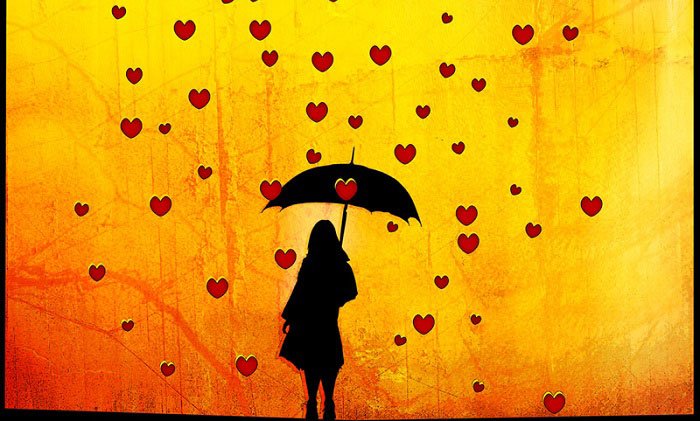Judgement and Longing to Belong

By Diana Skelton
I really should have known better.
A year ago, I was chatting with a French friend of mine. When our conversation turned to the Charlie Hebdo shootings, I began reeling off questions—when she lost her temper with me.
“You’re piling on!”
“But I was only asking questions! There are so many things about France that I don’t understand well enough!”
“Even asking questions right now just feels too judgmental! I have plenty of questions of my own, I don’t need the whole world firing questions at us too!”
—
Of course, she was right. Thinking back to 9/11, and the months following, hearing the reactions of people in other countries was often the last straw for me. I think that those of us living in New York at the time all did a lot of soul-searching. Even in the early weeks, despite massive collective grief that connected complete strangers, we had different reactions. Some people were already looking for ways to arm the country against frighteningly well-hidden threats. Some were hoping to apply the lessons of 1930s Europe to a new millennium by attacking dictatorships. Others were protesting the US invasion of Afghanistan and searching for ways that the US could inspire more dreams and less hatred.
You might think that so much soul-searching meant that we needed, more than ever, to hear many voices, from many places. But it just didn’t feel that way. When a group of friends in Belgium told me they had written to the White House to criticize US foreign policy, I was angry and felt like they didn’t trust any of us in the US to challenge our own government.
My friendship with that group in Belgium, the French woman, and many others remains rooted in our shared thirst for social justice. We agonize over vast injustices around the world: poverty, racism, violence, inequality. We try, together, to do as much as we can to build solidarity, and to learn from one another to broaden our vision of the future.
But I’m worried. Maybe the determination to strive for social justice is making me too judgemental. Doesn’t all justice require someone to sit in judgement? Who is worthy of judging? Our society elects or appoints plenty of judges, some more impartial than others. Our places of worship remind us to judge ourselves first and to refrain from judging others “until you have reached that person’s place.”** Have any of us ever walked in another person’s shoes truly enough to reach that place?
People in poverty are judged all the time. The media announces that they are lazy, or immoral, or harming the environment, or spreading illness. The world is told that they are undeserving of attention, support, respect. I know that these are false and unfair stereotypes that can blind us to everything that people in poverty have to offer society: the courage, experience, and vision that they develop as they struggle to overcome challenges day in and day out.
Of course there are plenty of stereotypes about countries too. Not only are the stereotypes false and unfair, but they taint our attitudes toward individuals from those countries when we first meet them. They harden into categories that can be completely disconnected from our complex and often multi-faceted identities. Are you from the global North or the South? East or West? Rural or urban? Rich or poor? Deserving or undeserving?
All of us were born into a world where injustice and inequality have long been the seeds of many kinds of bigotry. Prejudice—pre-judging based on split-second impressions—is hard-wired into me. Whether I pre-judge based on a glimpse of someone’s clothing, the way they speak, or something else entirely, I will always have to overcome those first, instantaneous—and wrong—pre-judgements.
So should I instead be following Buddhist teaching? “As rain falls equally on the just and the unjust, do not burden your heart with judgements but rain your kindness equally on all.” Of course, I do believe in kindness—but I’m not ready yet to give up on judgement. Striving to use our better judgement is how we manage to make decisions every day.
France is not the country I grew up in—but it’s where my husband and I have been raising our children since 2007. So as I continue to use my own judgement for the myriad decisions that fill our lives, I think the best way to temper it is by looking for belonging.
France is an increasingly diverse country, doing its best to build a sense of national community, identity, and belonging. I hope that by thinking more consciously about social justice, bigotry, and also about the risks of being too judgemental, we can widen our sense of belonging from our families and neighborhoods, from our movements for social justice, to the countries where we live, and to the entire global community where all of us should be able to feel we belong to one another.
** Rabbi Hillel (From Pirkei Avot 2:4, in the Mishnah, or Oral Torah)

